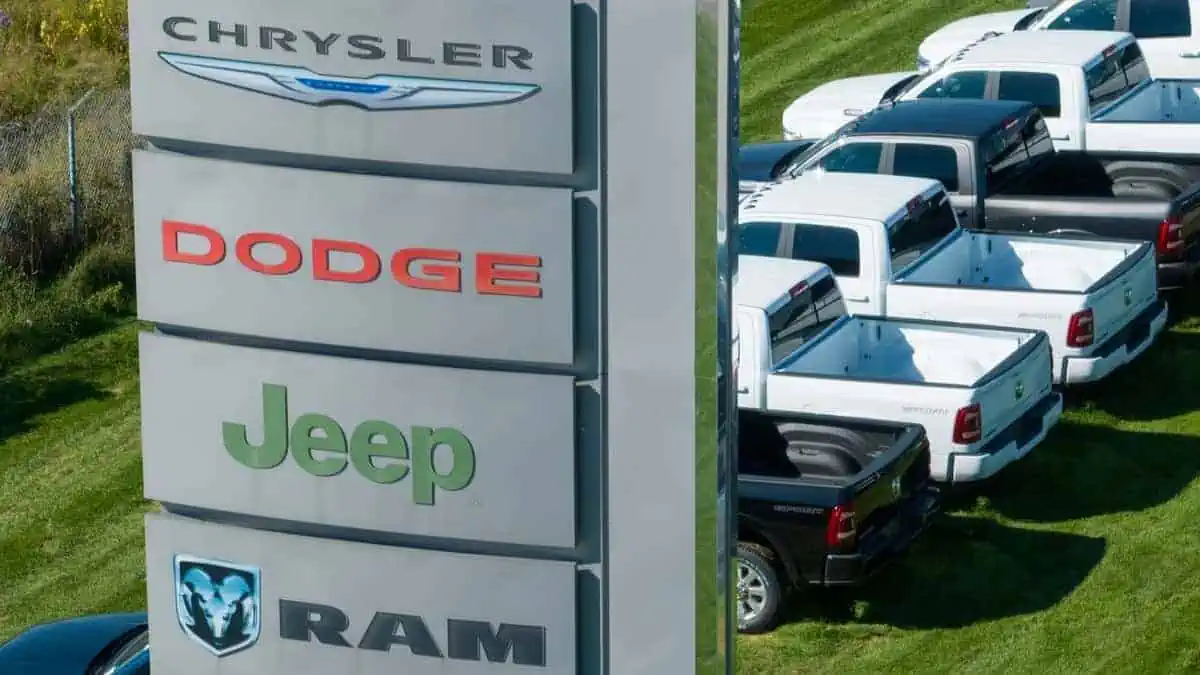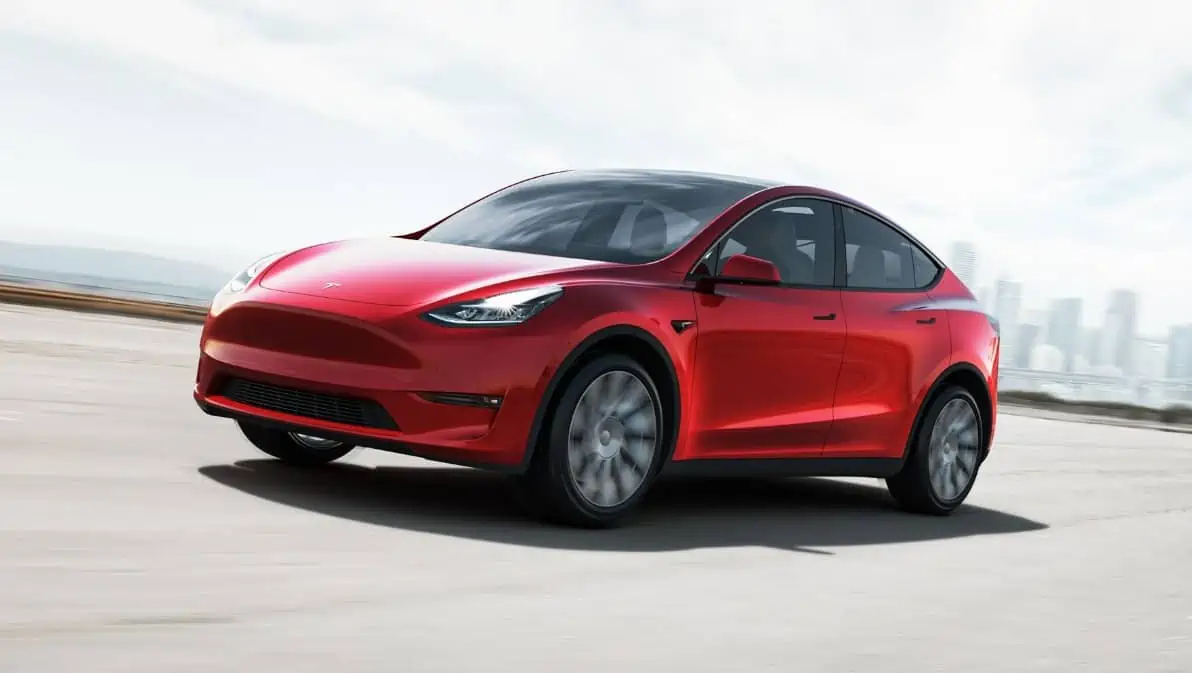Multinational automaker Stellantis and Chinese electric vehicle maker Leapmotor have finally secured regulatory approval for their proposed joint venture from China’s National Development and Reform Commission (NDRC).
Approval details
The NDRC’s approval of the proposed joint venture officially enables Stellantis to produce and sell Leapmotor electric vehicles beyond the Chinese market, Reuters reports, citing people familiar with the matter.
This major partnership advances Stellantis’ position as the first legacy western automaker to acquire an exclusive right to manufacture, export, and sell Chinese-made products outside the world’s largest auto market.
However, Stellantis and Leapmotor have yet to obtain regulatory approval for the joint venture in other markets.
Leapmotor said on Thursday that the JV’s executive team is in place as C10 will soon hit the European market in the second half of the year. It will be the first Leapmotor EV to hit the overseas markets, with sales starting from Germany, France, Italy, and Spain.
Brief background
Stellantis announced its investment of €1.5 billion ($1.6 billion) in Leapmotor in October 2023 in exchange for a 21% stake, potentially giving it a strong foothold in the Chinese electric vehicle market with the establishment of the new joint venture.
It is also worth noting that the investment also gave Stellantis two seats on the Chinese automaker’s Board of Directors. Under the agreement, Stellantis would hold the majority stake of 51% of the JV.
Stellantis to benefit from Leapmotor’s EV technology
Last month, Stellantis CEO Carlos Tavares announced that the company could leverage Leapmotor’s technology to produce competitively priced EVs to stay competitive against Chinese rivals in Europe, North America, or other markets.
Apart from Leapmotors, Stellantis has also repurchased €934 million shares from Chinese state-owned automaker Dongfeng based on a pre-existing share repurchase framework. Stellantis also partnered with Chinese battery giant CATL for a lithium-iron-phosphate (LFP) battery cell deal.
However, the JV may struggle in the European Union amid the ongoing probe against Chinese-made electric vehicle models over suspected unfair government subsidies.






